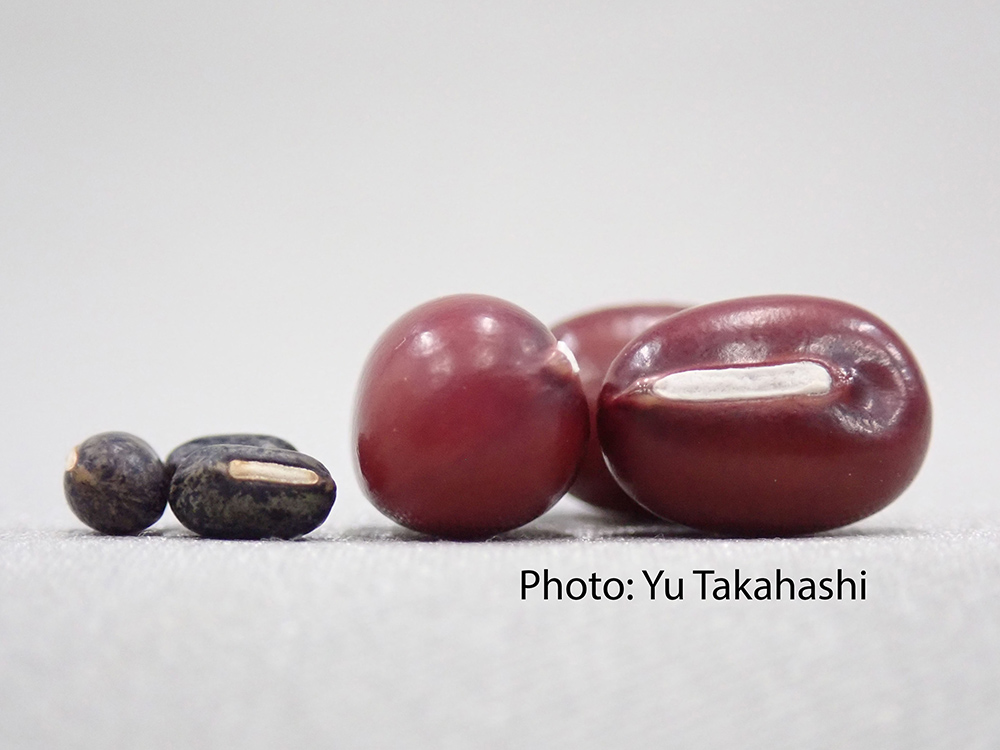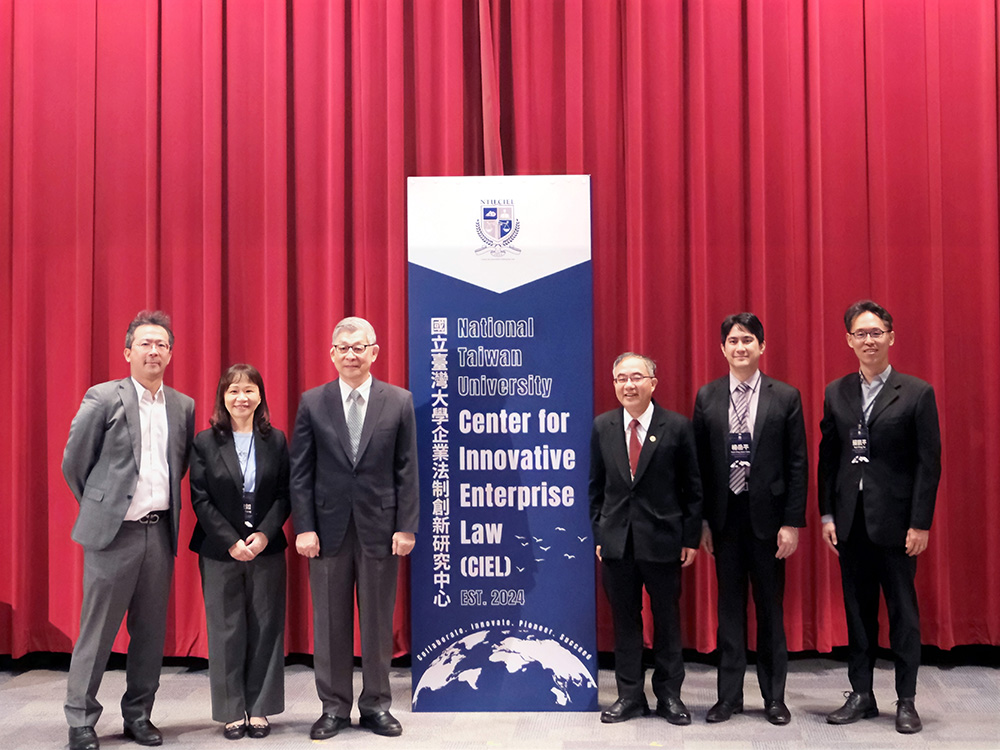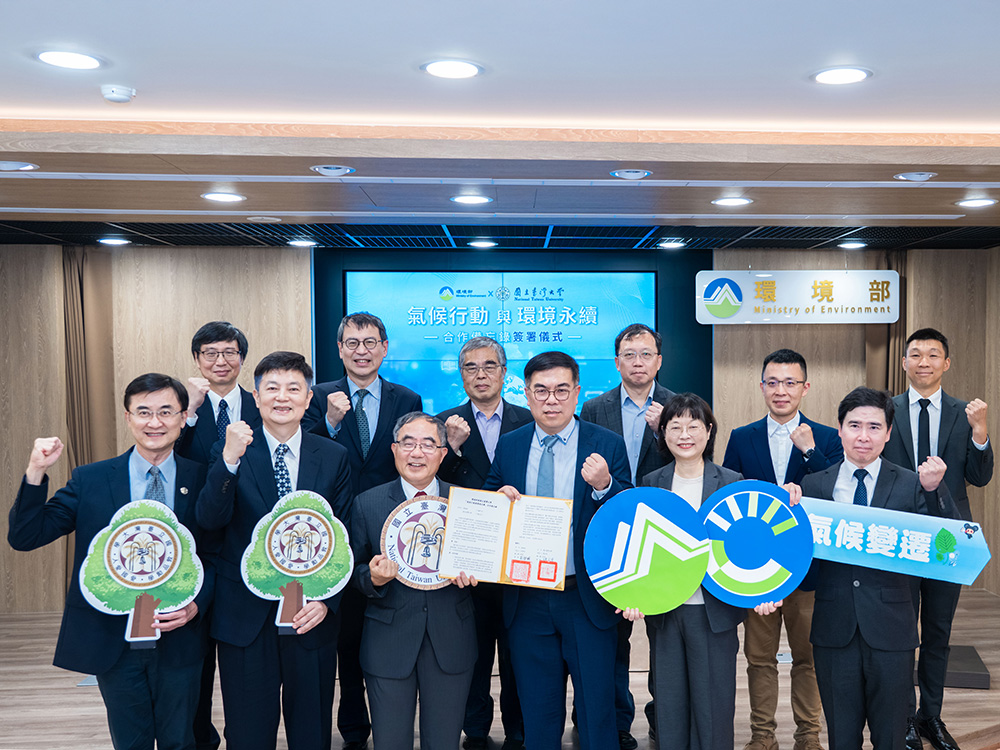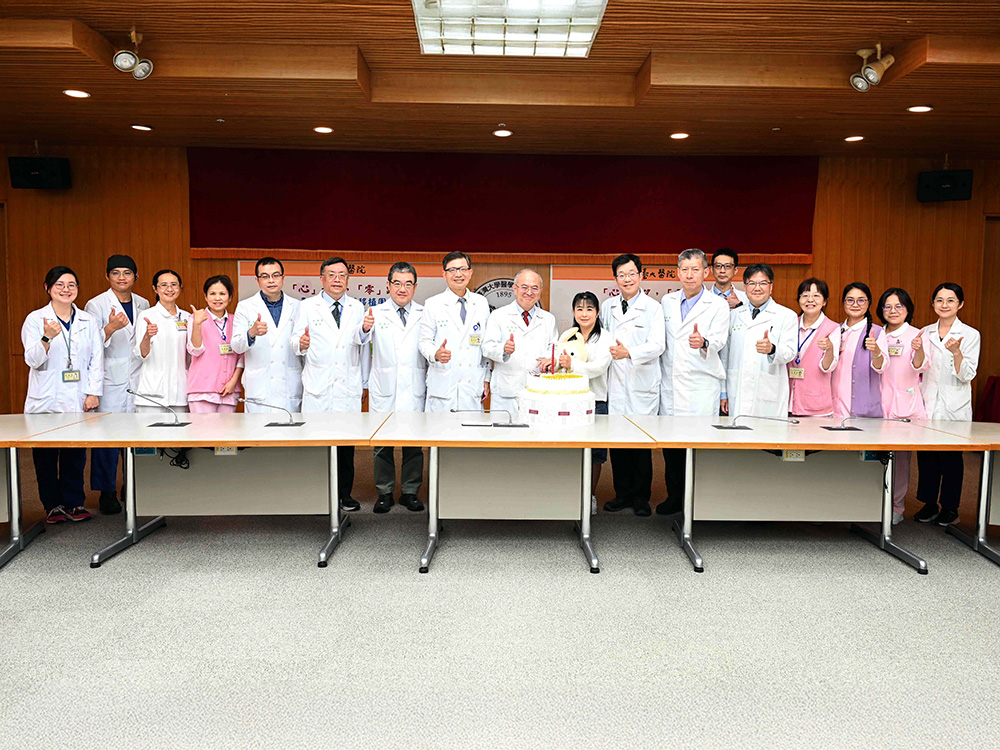
A Distinguished Global Research Center Established at NTU under Trilateral Cooperation
瀏覽器版本過舊,或未開啟 javascript
請更新瀏覽器或啟用 javascript
Spotlights
Aerial view of the Miaoli windfarm area showing the Turbines #28 and #21 foremost installed in Taiwan during 2016. Prof. Chen’s lab is involved in monitoring the noise levels at these turbines during the construction, installation, and operational phases. (Photograph taken by Dr. Shashidhar on January 14, 2021).
Prof. Chi-Fang Chen (陳琪芳) led research team with Postdoc Dr. Shashidhar Siddgangaiah and Ph.D candidate Wei-Chun Hu (胡惟鈞) of NTU's Department of Engineering Sciences and ocean Engineering. In collaboration with researchers, Prof. Nadia Pieretti and Prof. Roberto Danovaro from Italy showed the long-term fish chorusing patterns at the Eastern Taiwan Strait. Further, discovered that the fish chorusing are affected by the typhoons and flooding, causing them to cease their regular chorusing activity. This work, published in Ecological indicators journal on Feb 23, and the Nature Climate change journal selected this work in its research highlights section of the April issue.
The analysis of temporal trends and spatial patterns of marine sounds can provide crucial insights to assess the abundance, distribution, and behavior of fishes and many other species. However, data on species-specific temporal and seasonal changes are still extremely limited. We reported the result of the longest recording ever conducted (five years, from 2014 to 2018) on fish vocalization. However, obtaining accurate species-specific behavior estimates from large passive acoustic datasets is challenging due to the difficulty of automatically detecting biological sounds and other sound sources occurring in the acoustic recordings.
To address this issue, the research team led by Prof. Chi-Fang Chen has introduced an efficient ecoacoustical index to automatically extract fish vocalization from large recordings, which facilitated us to derive long-term fish chorusing trends. Findings revealed a periodic fish chorusing pattern, with peaks in summer and almost complete silence, for ~2 months, during winter. Chorusing pattern was influenced by abiotic parameters, including temperature, tides, and moon phase. We also report, for the first time, that extreme weather events (e.g., typhoons, storms with sediment resuspension) caused the cessation of the chorusing.
Further, the Taiwan government's initiative to construct offshore windfarms with the motive of shifting towards greener energy will increase the presence of anthropogenic factors at sea, which may hinder the marine species. To monitor any adverse effect on these marine species' behavior, Prof. Chen led team is consistently involved in the deployment of the passive acoustic devices at the windfarm area Miaoli and Changhua.
The chorusing pattern explored in the long-term study provides important baseline data to understand the impact of anthropogenic factors, climate change, and climate-driven extreme/episodic events on fishes' phenology; this work also provides evidence that changes in the ambient conditions might significantly alter the phenology of vocalizing marine species.
https://www.nature.com/articles/s41558-021-01025-6
https://www.sciencedirect.com/science/article/pii/S1470160X21001217?dgcid=rss_sd_all

A Distinguished Global Research Center Established at NTU under Trilateral Cooperation

Collaborative study between NTU and Japan uncovers the origin of Adzuki Beans and agriculture in Japan

NTU Launches Center for Innovation in Enterprise Law—with Forum Highlighting Trump’s Policy and Legal Shifts Amid Geopolitical Tensions

NTU and Ministry of Environment Sign MOU to Advance Net-Zero Transition and Environmental Resilience

NTU Hospital’s Cardiac Transplant Team Pioneers Beating Heart Transplant with Zero Ischemic Time
Current Spotlights